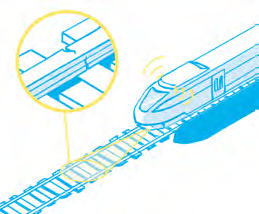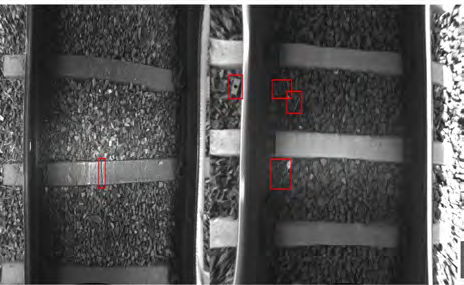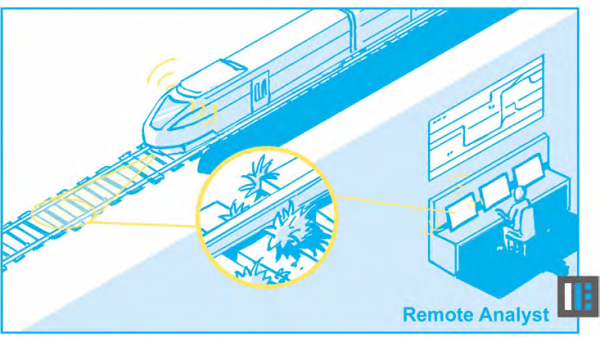HARMONY - Human-Assisted Real-time MONitoring of infrastructure and obstacles from railwaY vehicles
Short Description
The railway is the primary mode of transport for tackling the climate crisis without restricting the mobility of people or goods. Safety and reliability play an important role in this context, and can only be guaranteed through careful maintenance of the rail infrastructure. Maintenance methods to date consist of frequent surface checks by the rail operator's staff, and irregular precise monitoring using cost-intensive measuring vehicles. However, this model is reaching its economic limits.
The new method of the project involves mounting an intelligent sensor system on regular trains, which scans the tracks during normal operation and uses artificial intelligence to automatically detect and report anomalies on tracks, track beds and switches. In this way, potential hazards such as track breaks, track damage or vegetation growth can be detected at an early stage. This helps rail operators to make informed decisions with respect to necessary maintenance work, while also reducing accident risks and downtimest.
Intelligent sensor data processing on the moving train requires solutions for selecting the appropriate data analysis tools, sensor correlation methods, data interpretation and synchronisation methods, while taking into account economic constraints and the stringent demands on robustness, performance, and dependability.
The project also addresses human factors to increase end-to-end system security and user acceptance. A key element here is the development of the new role of the remote analyst, providing remote support in the decision-making process. This new role is also relevant for AI applications in other areas where intelligent machines are used.
The research results from this innovative project will provide a sound basis for seamless and cost-efficient track monitoring, as well as safer and more reliable railway operation. As the consortium leader and pioneer in the field of intelligent sensor and assistance systems for the railway sector, Mission Embedded has the primary responsibility for the technical development of the project.
The TU Wien Institute of Computer Technology is contributing its long-standing research know-how and extensive expertise in embedded systems, sensor technology and embedded machine learning.
Backed by decades of experience in safety-critical environments, Frequentis Control Room Consulting addresses key issues of user acceptance, data visualisation and defining the role of the remote analyst.
Project Partners
Consortium lead
Mission Embedded GmbH
Other consortium partners
- TU Wien, Institute of Computer Engineering
- Frequentis Control Room Consulting
Contact Address
Mission Embedded GmbH
Jenny Vuong, PhD
Gutheil-Schoder-Gasse 8-12
A-1100 Vienna



